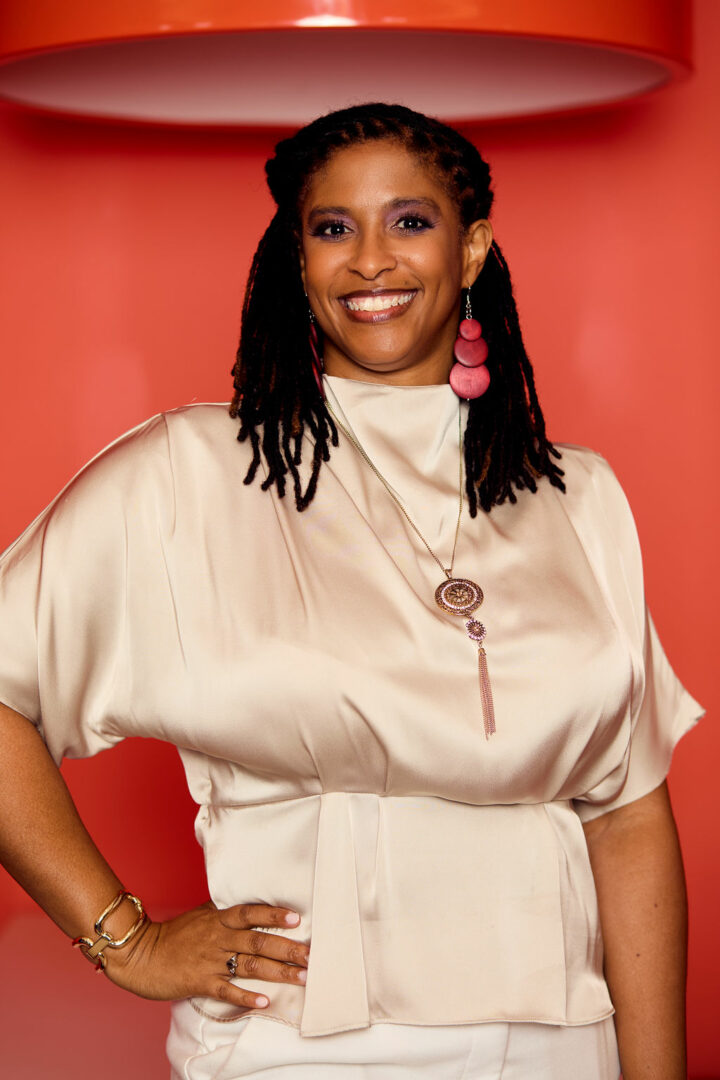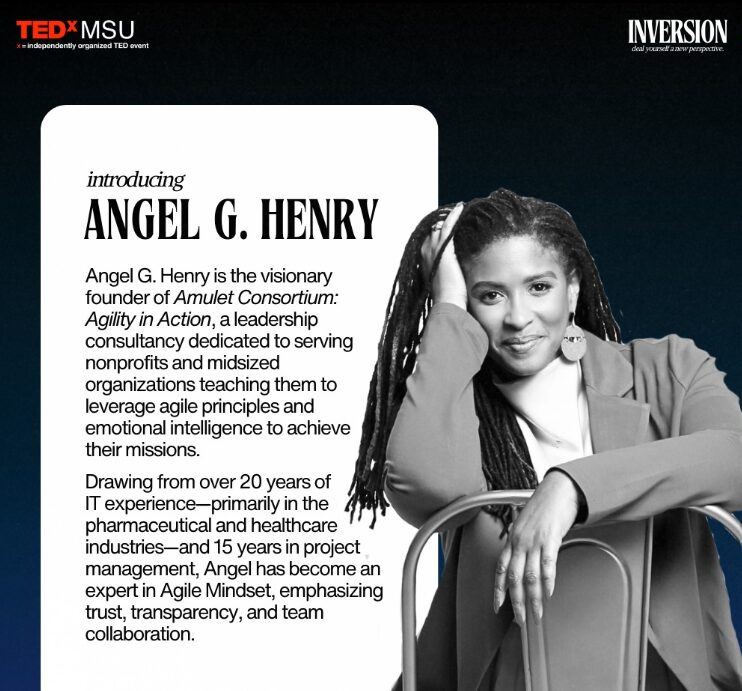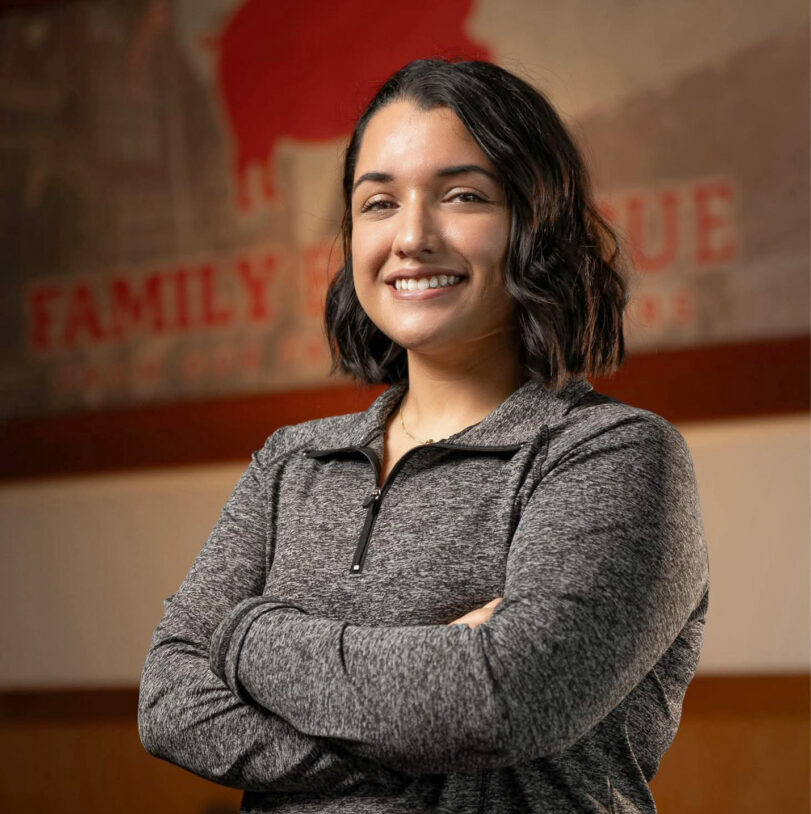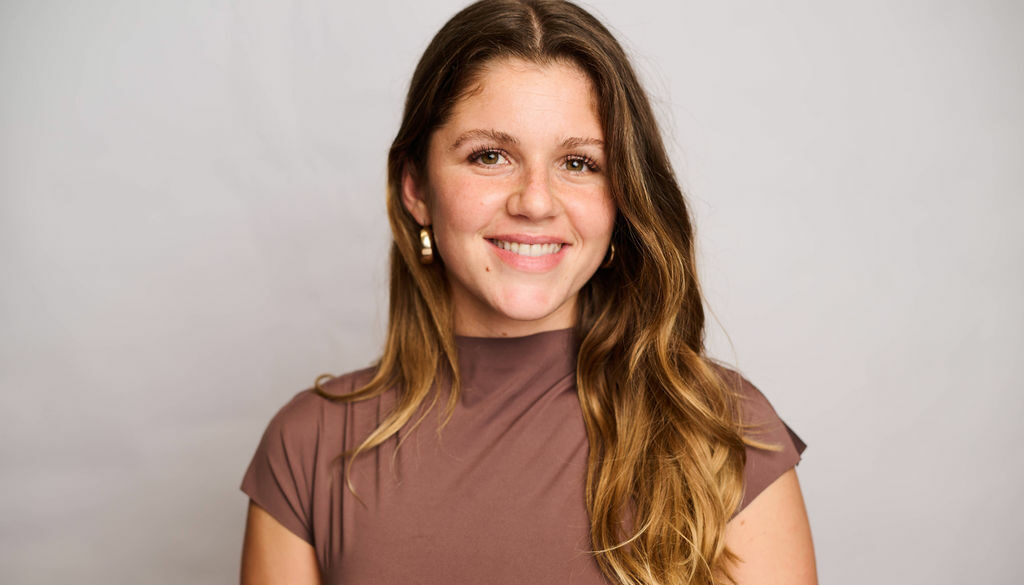Angel G. Henry shared their story and experiences with us recently and you can find our conversation below.
Angel G., we’re thrilled to have you with us today. Before we jump into your intro and the heart of the interview, let’s start with a bit of an ice breaker: What do you think is misunderstood about your business?
I think one of the biggest misconceptions about Amulet Consortium is that we’re just another “training company.” People hear leadership training and assume it’s a one-time workshop where everyone gets hyped up for a day, then goes back to business as usual. That’s not what we do.
We’re not handing out binders that collect dust — we’re walking leaders through real mindset shifts. We go deep into the human side of leadership: how to actually handle conflict, how to build trust with staff, and how to keep people engaged even when the work is tough. Especially in nonprofits and HR departments, where burnout and turnover are real, it’s not about another tool or policy — it’s about changing how leaders show up.
So, the misunderstanding is thinking we’re surface-level training. What we’re really about is transformation.
Can you briefly introduce yourself and share what makes you or your brand unique?
I’m Angel G. Henry, the founder and president of Amulet Consortium and award-winning author. After more than 20 years in corporate IT and project management, I realized something that shifted my career: projects fail, teams struggle, and people burn out not because they lack skills, but because leaders don’t know how to lead with emotional intelligence. That’s the gap I wanted to close.
Amulet Consortium helps HR leaders and nonprofit Executive Directors build leadership teams that are people-centered, agile, and emotionally mature. What makes us unique is that we don’t just deliver information — we guide leaders through mindset shifts that stick. For example, I worked with a youth-serving nonprofit where staff kept asking for more training. After some digging, it became clear the real issue wasn’t training at all — it was that supervisors needed support in managing people effectively. Once that came to light, we were able to focus on the root problem instead of the surface request.
The name Amulet is intentional. An amulet is something you carry with you for protection, and I wanted this work to feel the same way — like leaders walk away with tools that safeguard not just their team’s productivity, but their well-being. Right now, we’re helping organizations blend agility with emotional intelligence so their people feel supported while still delivering results.
At the end of the day, I’m not just teaching leaders to “manage better” — I’m helping them create workplaces where people feel seen, valued, and motivated to stick around. And that’s where the transformation happens.
Great, so let’s dive into your journey a bit more. What part of you has served its purpose and must now be released?
For me, the thing I’ve had to release is the belief that being busy equals being valuable. In corporate life, I thrived on juggling multiple projects, being the go-to person, always having a full plate. That constant motion served me for a while — it got me noticed, it got me promoted, and honestly, it felt safe because if I was busy, no one could say I wasn’t contributing.
But now, running Amulet Consortium and guiding leaders, I’ve had to let that go. True leadership isn’t about how much you can do — it’s about how much you can empower others to do. I can’t cling to being the one with all the answers. I’ve had to release control, delegate, and trust the process, even when it feels uncomfortable. That’s the only way to scale impact and actually practice what I preach.
One nonprofit leader I worked with had the same realization. She admitted she was holding on to too many day-to-day tasks because it made her feel indispensable. Once she released that need to “prove” her value through busyness, she found space to think strategically — and her team actually flourished because they finally had room to step up.
So what served me before — wearing an invisible “Productivity Badge of Honor” — is now the very thing I can’t carry if I want to lead well. These days, I’m more focused on slowing down, creating clarity, and helping others shine.
When did you stop hiding your pain and start using it as power?
I stopped hiding my pain when I realized that pretending everything was “fine” wasn’t helping me — and it definitely wasn’t helping the people I was called to lead. For a long time, I carried my struggles quietly. In corporate America, especially as a Black woman in tech, you learn early on to keep your head down, work twice as hard, and not let anyone see the cracks. That survival strategy served me for a while, but it also kept me from being fully human with others.
The turning point came when I started speaking openly about my experiences with emotional abuse and the exhaustion of always having to prove myself. Instead of people turning away, they leaned in. Other female leaders told me, “I thought I was the only one,” or “You just put words to what I’ve been carrying for years.” That’s when I realized my pain could actually be power — not because suffering is noble, but because sharing it makes space for others to be real too.
Now, I bring that same honesty into my work at Amulet Consortium. I tell leaders all the time: your team doesn’t need a perfect boss, they need a present one. When we show up with our scars and lessons, it gives permission for everyone else to stop pretending and start growing. My pain became power the moment I chose transparency over performance.
Sure, so let’s go deeper into your values and how you think. What are the biggest lies your industry tells itself?
The biggest lie the organizational leadership development industry tells itself is that change happens through a single workshop or retreat. We sell this idea that if you put leaders in a room for a day, run them through some exercises, and give them a nice workbook, suddenly everything will be different. It’s convenient, it’s marketable — but it’s not true.
Real transformation takes time. It takes practice, accountability, and a willingness to sit in discomfort. I’ve seen organizations spend tens of thousands of dollars on a flashy training day and then wonder why staff morale, turnover, and conflict haven’t budged three months later. It’s because knowledge alone doesn’t change behavior — commitment does.
At Amulet Consortium, we challenge that lie head-on. I tell leaders up front: if you want a “check-the-box” training, we’re not your people. But if you’re ready for a mindset shift — to rethink how you build trust, handle conflict, and show up for your team day after day — then we’re the partner you want.
The lie is that leadership development is an event. The truth is, it’s a process. And the organizations that embrace that truth are the ones that see lasting impact.
Thank you so much for all of your openness so far. Maybe we can close with a future oriented question. If you knew you had 10 years left, what would you stop doing immediately?
Since my stroke, the biggest thing I’ve stopped doing is pretending I can run at 100 miles per hour without consequence. Before, I prided myself on pushing through, saying yes to everything, being “on” all the time. That drive served me in corporate life and even in building Amulet Consortium — but it also nearly cost me everything.
Now, I’ve stopped ignoring my body and my boundaries. I’ve learned to pause, to listen, and to be okay with slowing down. It’s not easy — I’m wired to go, go, go — but the stroke was a hard reset. These days, I give myself permission to rest, to say no, and to measure my value by the impact I create, not by how many hours I can grind out.
What’s been surprising is how much this shift has actually helped my life and my work. When I stopped overextending myself, I became more present with my family. When I stopped trying to juggle it all, I became a better leader because I was modeling what healthy boundaries look like. And when I stopped equating busyness with success, I found more clarity about where Amulet Consortium could make the most difference.
So, what I’ve stopped trying to be everything all the time for everyone. The stoke cracked my mask to the foundation and was one of the best things to happen.
Contact Info:
- Website: https://www.amuletconsortium.com/
- Instagram: https://www.instagram.com/_aspeaking/
- Linkedin: https://www.linkedin.com/in/theagileenthusiast/
- Facebook: https://www.facebook.com/Aspeaking/
- Youtube: https://www.youtube.com/@angelsspeaking2578/videos
- Other: TikTok: https://www.tiktok.com/@angelsspeaking








Image Credits
Crystale of EYEImagery
so if you or someone you know deserves recognition please let us know here.




